This plan will outline a roadmap to mobilize sufficient resources to achieve the goals of the JETP Declaration, and propose projects to help Vietnam implement the Power Development Plan VIII and the National Energy Master Plan.
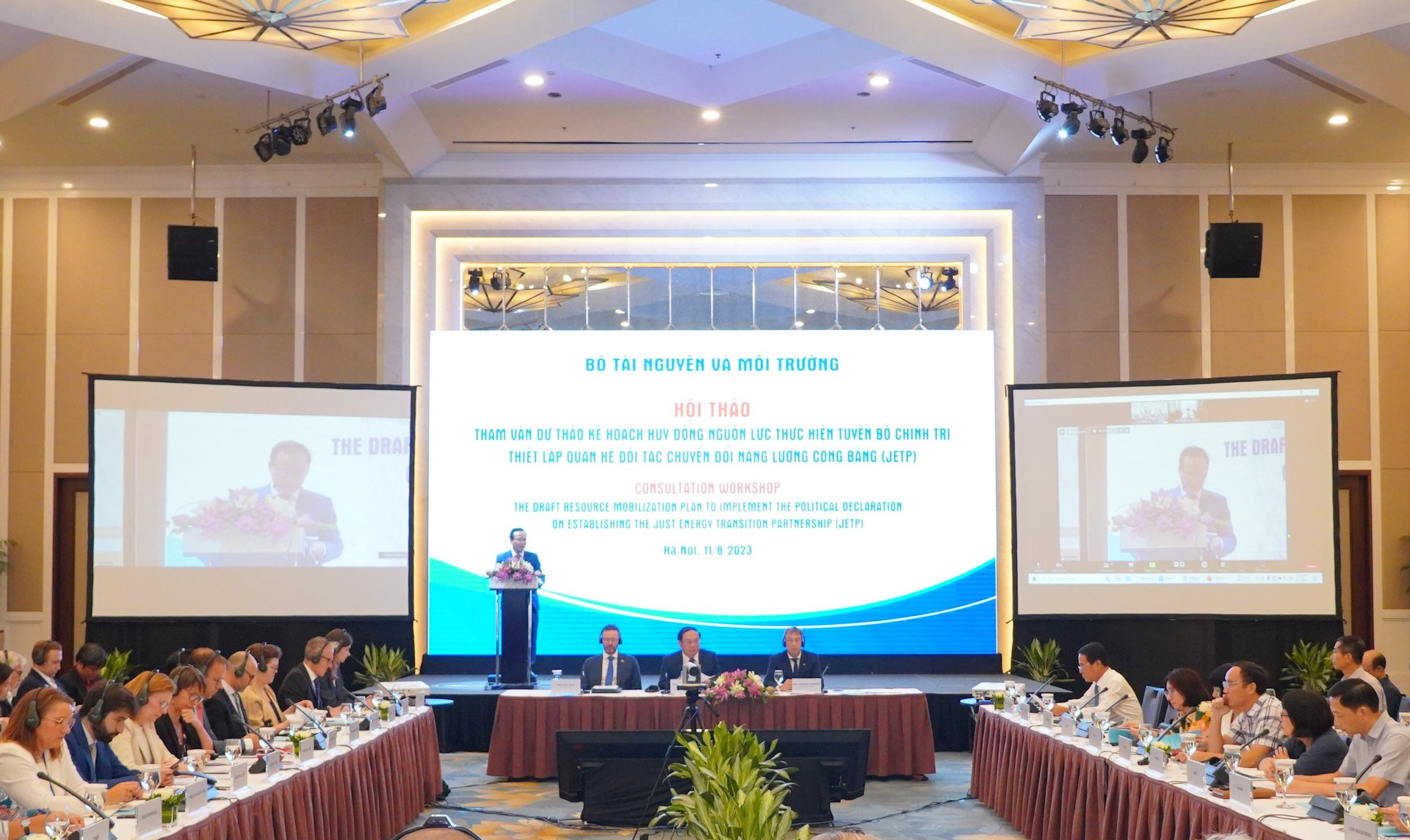
Vietnam and the IPG (comprising Canada, France, Germany, Italy, Japan, the United Kingdom, the United States, the European Union, Denmark and Norway) adopted the JETP Declaration on 14 December 2022. Implementing the JETP Declaration, international partners will help Vietnam improve policies to attract investment in energy efficiency and transformation. The United Kingdom and the European Union (EU) are currently co-coordinating the IPG Group to implement the JETP Declaration in Vietnam.
The Prime Minister has approved the National Power Development Plan for the 2021-2030 period, with a vision to 2050 (Power Plan VIII) and the National Energy Master Plan for the 2021-2030 period, with a vision to 2050, which identify the active and effective implementation of the JETP Declaration as one of the important solutions for the equitable energy transition in Vietnam.
According to Deputy Minister of Natural Resources and Environment Le Cong Thanh, in order to implement the JETP Declaration, the Prime Minister issued a decision to establish the JETP Secretariat last July. The Prime Minister is also considering and soon issuing the project to implement the JETP Declaration.
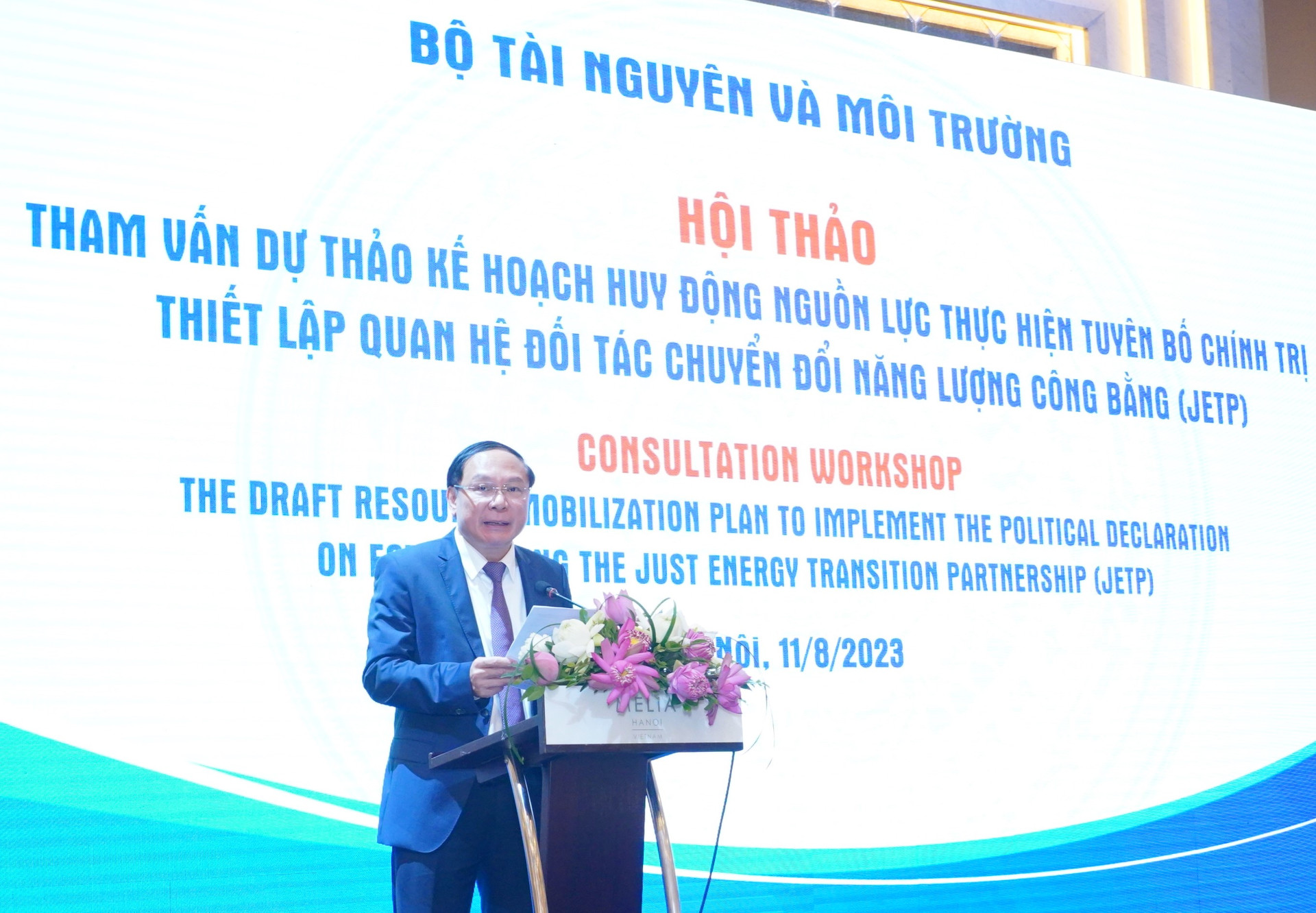
The Ministry of Natural Resources and Environment is currently presiding over and coordinating with other ministries and partners to develop a Resource Mobilization Plan to implement the JETP Declaration (RMP Plan), and is expected to be completed in September 2023 under the direction of the Prime Minister at the 4th Meeting of the National Steering Committee for the implementation of Vietnam's commitments at the COP26 Conference.
The partners commit to mobilise an initial amount of US$15.5 billion over the next 3-5 years to address Vietnam’s needs for a just energy transition. Of this, the International Partnership Group (IPG) will mobilise US$7.75 billion at more attractive terms than the current capital market. The Glasgow Finance Alliance for Net Zero (GFANZ) will mobilise at least US$7.75 billion in private finance to directly support businesses through investments from international corporations and businesses. The amount for the next phase may be higher if Vietnam makes good use of the initial funds and meets the conditions of the international partners and international financial standards. Both IPG and GFANZ will work closely with the Government of Vietnam to identify opportunities for rapid deployment of finance.
The consultation workshop aims to provide comments on the structure and content to ensure that the Plan closely follows the content of the JETP Declaration; develop a roadmap, organize and implement programs and projects to effectively implement the goals and tasks of equitable energy transition, low-carbon economic development towards the goal of achieving net zero emissions by 2050.
“Proposed projects included in the JETP Resource Mobilization Plan need to be consistent with the framework criteria to help Vietnam effectively implement the Power Plan VIII and the National Energy Master Plan. At the same time, they need to be consistent with Vietnam’s and partners’ priorities, ensure feasibility in terms of technology, resources, and be able to be deployed immediately. We will prioritize breakthrough projects that have a spillover effect to promote the energy transition process in Vietnam,” Deputy Minister Le Cong Thanh emphasized.
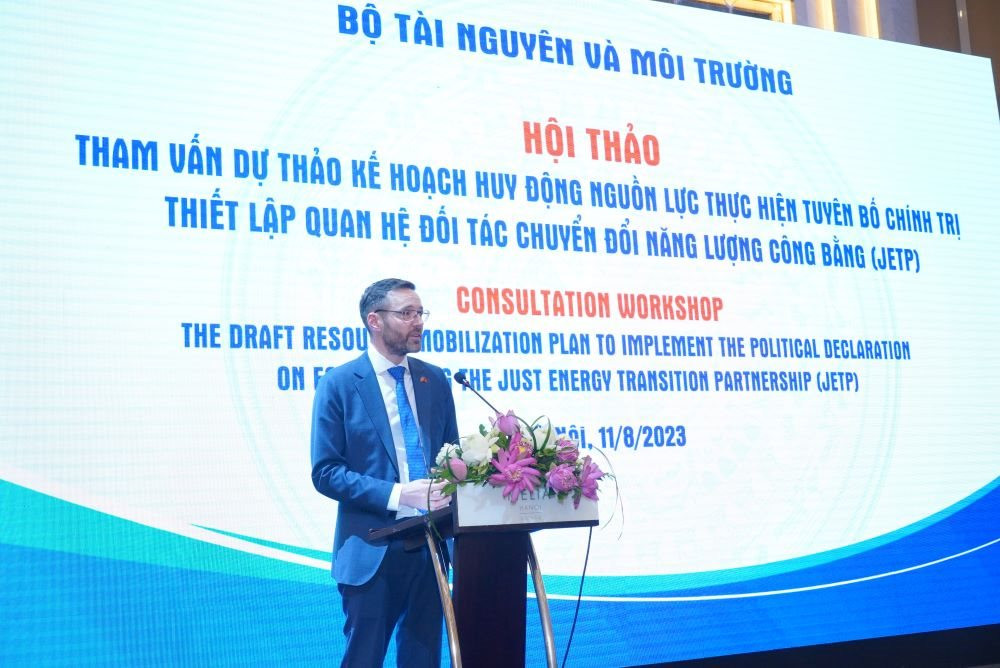
Mr. Iain Frew, British Ambassador to Vietnam shared: The power of JETP is to mobilize public and private financial resources to create the initial contribution, which will act as a catalyst for the investments needed for Vietnam’s energy transition. The Power Development Plan 8 and the National Energy Strategy have demonstrated Vietnam’s ambitious goals.
Vietnam has made great strides in decarbonizing its electricity supply, with a significant reduction in new coal-fired power plants over the past two years. Vietnam has the highest share of wind and solar power among ASEAN countries; the amount of electricity generated from renewable energy is also higher than other ASEAN countries, even surpassing some G7 countries.
Vietnam is currently leading the ASEAN region in energy transition and has the potential to become a global leader in the race to become a modern country powered by clean, safe and reliable energy sources.
Mr. Iain Frew, British Ambassador to Vietnam
Mr. Thomas Wiersing, Charge d’Affaires of the European Union (EU) Delegation to Vietnam, said that the development of the RMP is an opportunity to outline the path to realizing Vietnam’s ambition for a just energy transition, promoting growth, supporting the country’s socio-economic goals, enhancing energy security and energy competitiveness. At the same time, supporting Vietnam to achieve net zero emissions by 2050.
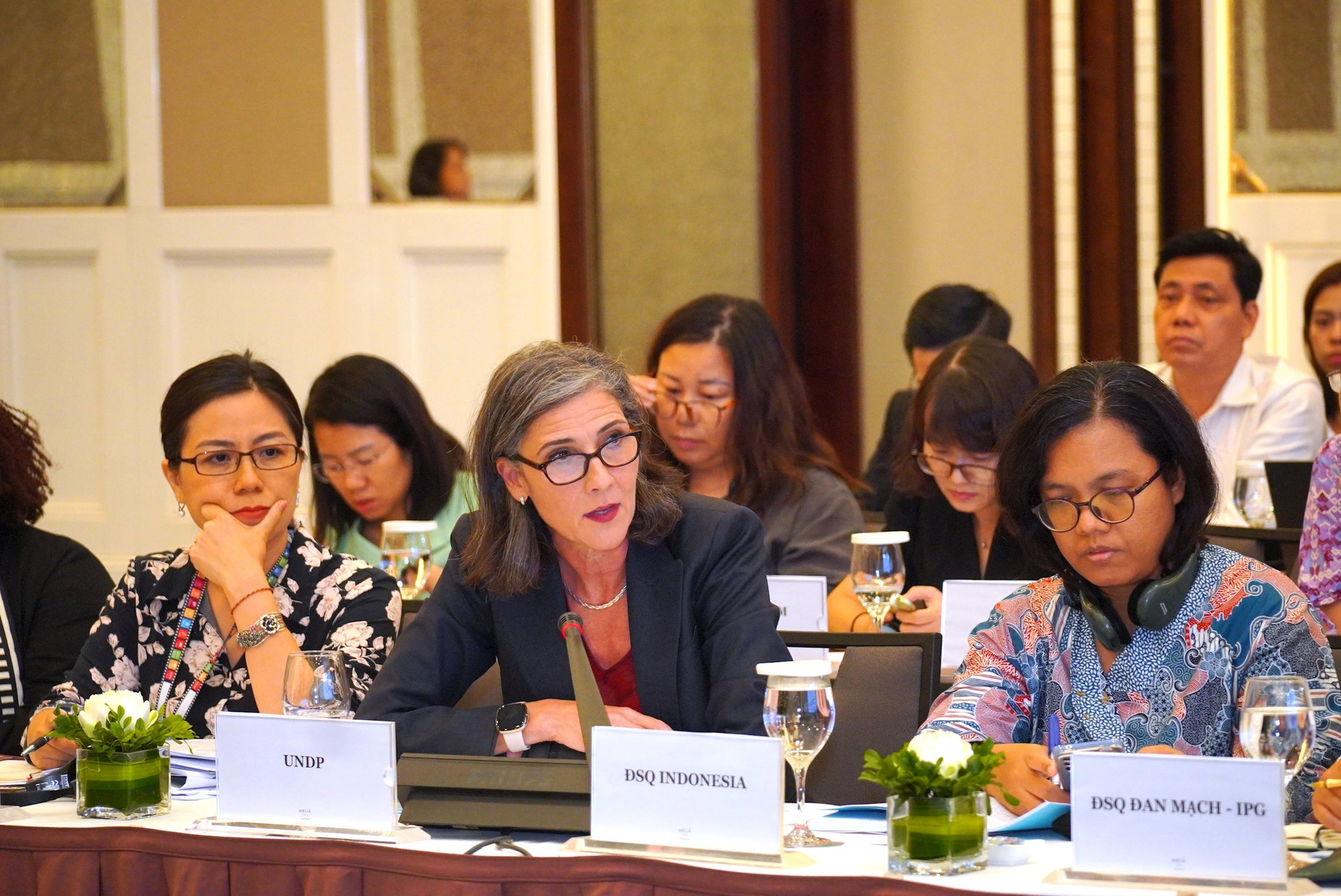
A plan that is most effective in mobilizing finance requires the participation of many relevant ministries and sectors, in order to build a favorable legal environment for mobilizing higher levels of investment with consistent policies. Half of JETP’s finance comes from the private sector, so policies that facilitate investment flows are very important.
At the workshop, ambassadors of the IPG countries, representatives of international organizations, the GFANZ Alliance, non-governmental organizations, experts in the energy sector, etc. discussed and gave their opinions on the draft Plan for mobilizing resources to implement JETP; priority areas and proposed ideas for implementing JETP, policy actions to increase investment in energy transition; and ways to implement and manage the JETP Declaration. Opinions were unanimous that the content of the Plan should closely follow the JET Declaration and have a framework of criteria for selecting projects and activities for equitable energy transition to be included in the Plan.
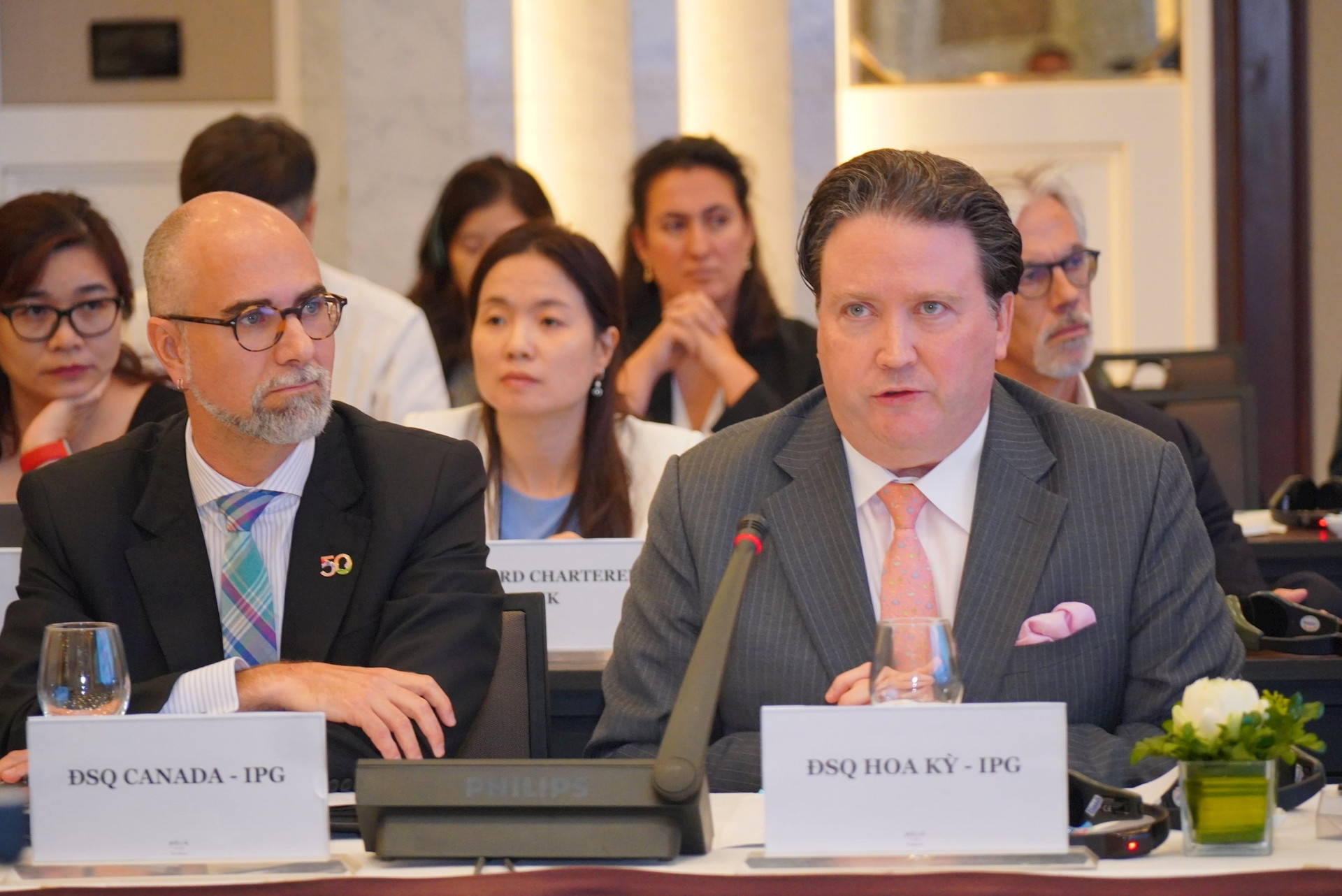
Emphasizing the importance of maintaining a focus on the “equity” elements of the energy transition, Ms. Ramla Khalidi, UNDP Resident Representative in Viet Nam, said that this involves providing essential support and protection to workers and other vulnerable groups affected, ensuring affordable energy for all, sustaining and growing local economies, and creating green and sustainable jobs for both genders. To achieve this goal, the involvement of key ministries such as the Ministry of Labour, Invalids and Social Affairs and the Ministry of Education and Training is crucial. In addition, it is necessary to focus on implementing comprehensive dialogue and consultation with affected people and local communities.
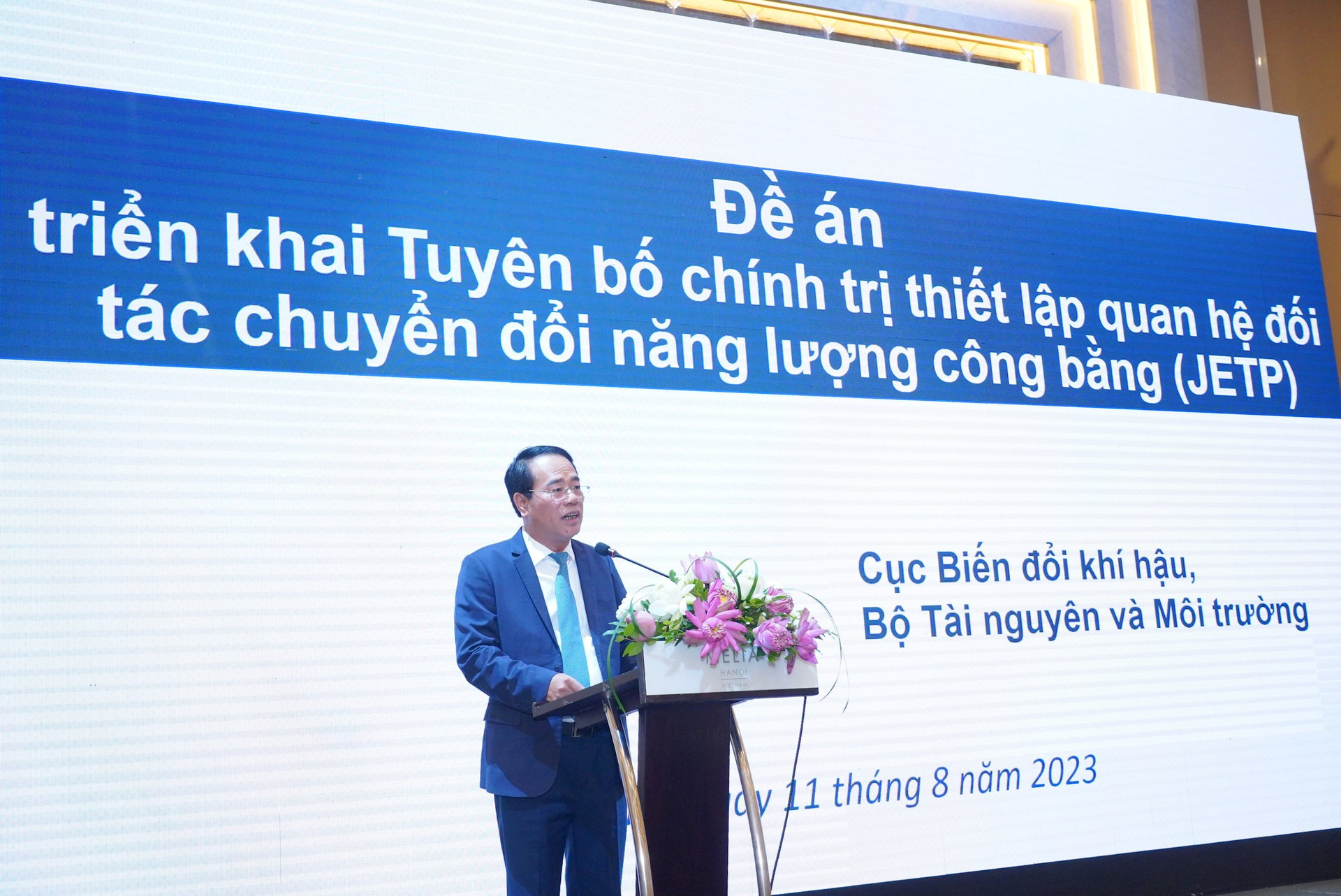
To implement the JETP Declaration, the Ministry of Natural Resources and Environment has presided over and coordinated with relevant ministries and agencies to develop and submit to the Prime Minister for approval a Project to implement the Political Declaration on Establishing a Partnership for Equitable Energy Transition (JETP), which clearly defines the viewpoints, objectives, main tasks and assigns specific responsibilities to ministries, branches, localities and relevant agencies and organizations for implementation.
The project sets out 10 key tasks for ministries, sectors and localities to implement, including: (1) Perfecting institutions and policies to promote energy transition; (2) Promoting the conversion of coal-fired power to clean energy; (3) Developing the industrial and service ecosystem for renewable energy; (4) Using energy economically and efficiently; (5) Upgrading the power transmission and distribution system, accelerating the roadmap for building a smart grid and developing an energy storage system; (6) Converting to green energy, reducing greenhouse gas emissions in the transport sector; (7) Innovating, developing and transferring technology; (8) Ensuring fairness in energy transition; (9) Communicating and raising awareness; and (10) Promoting international cooperation on equitable energy transition.
Source




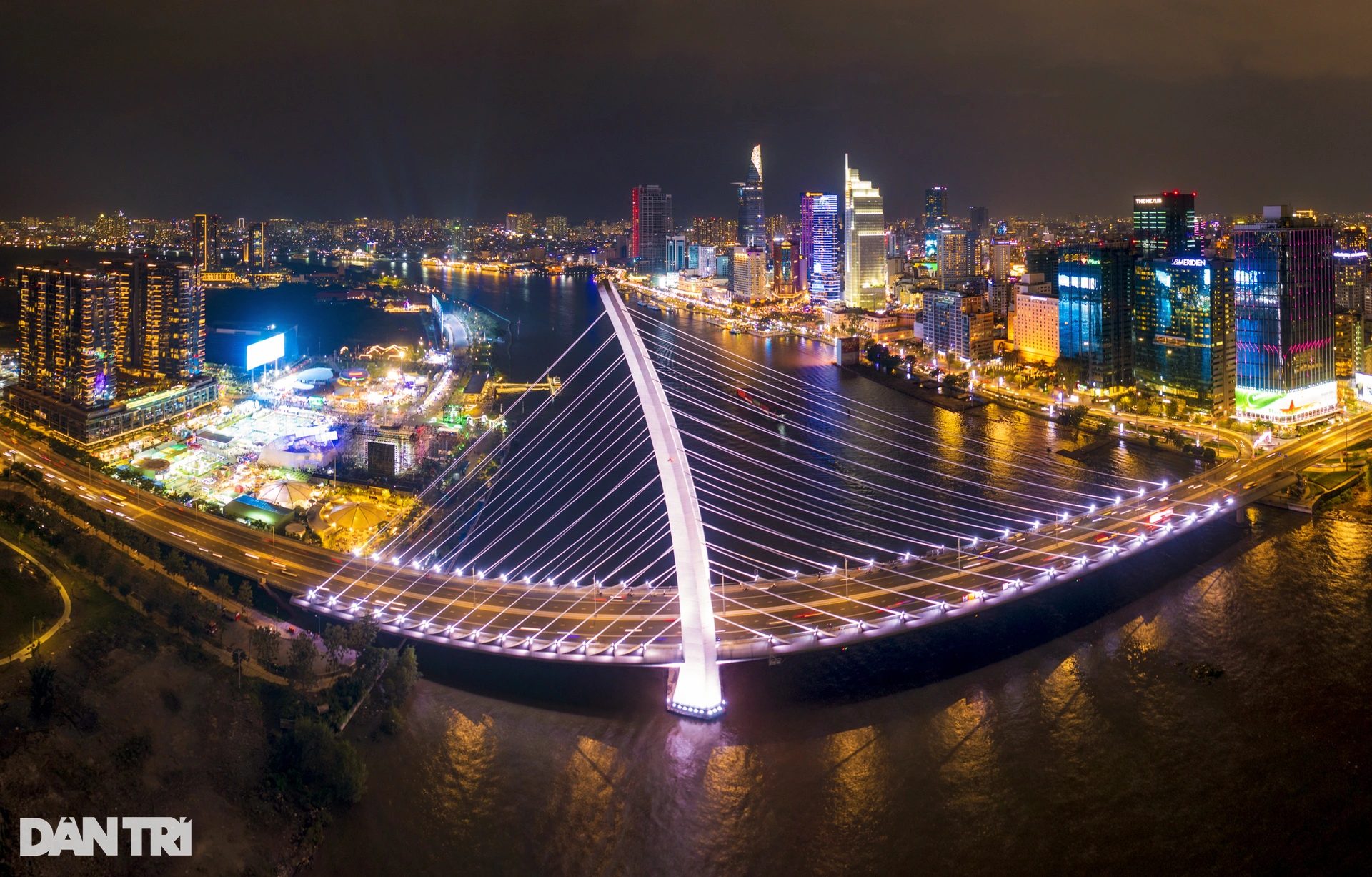








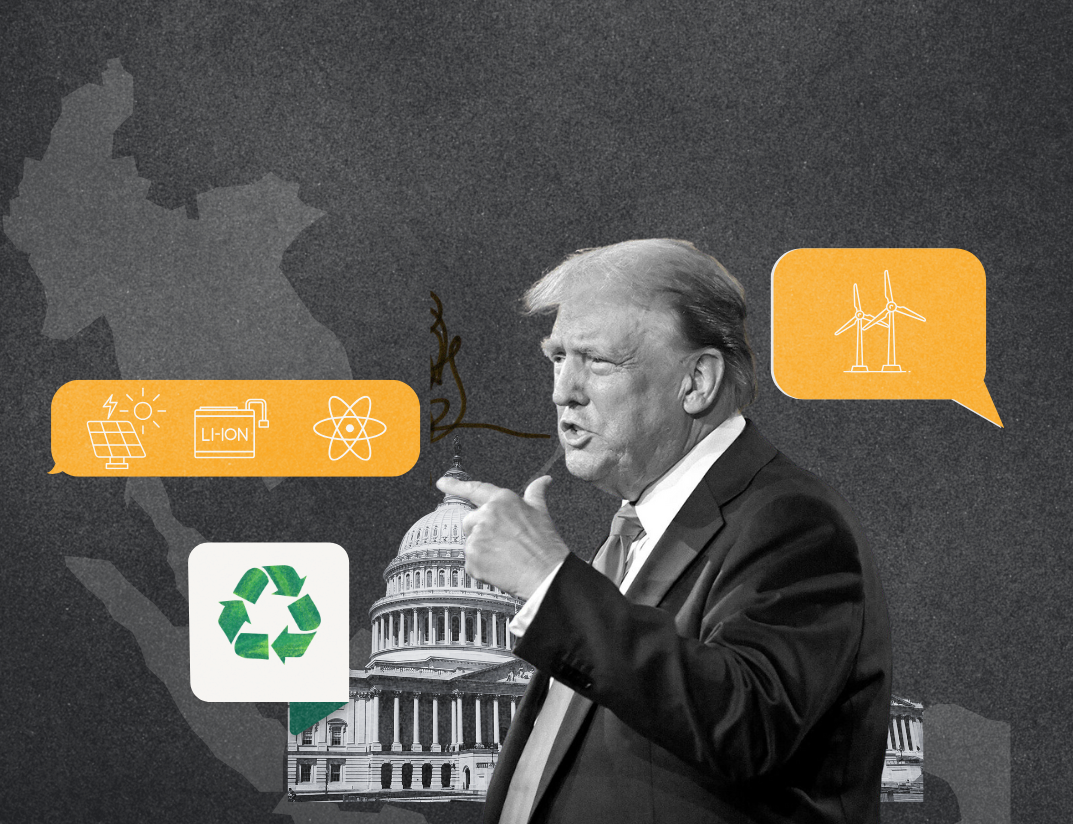
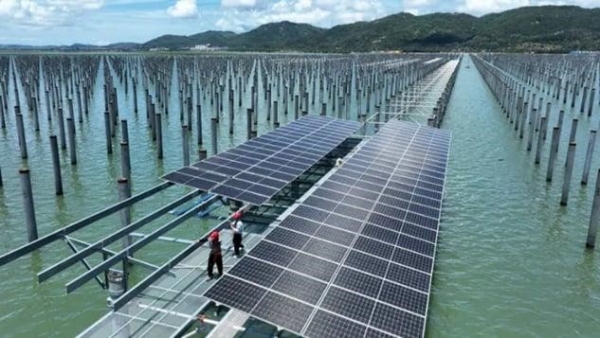

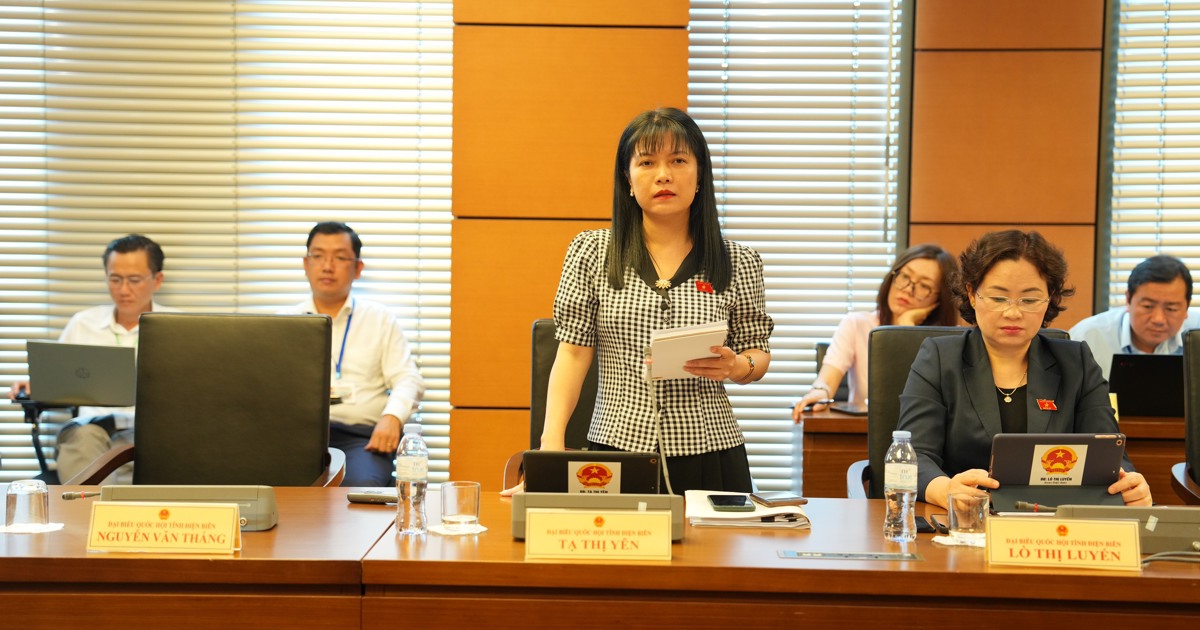



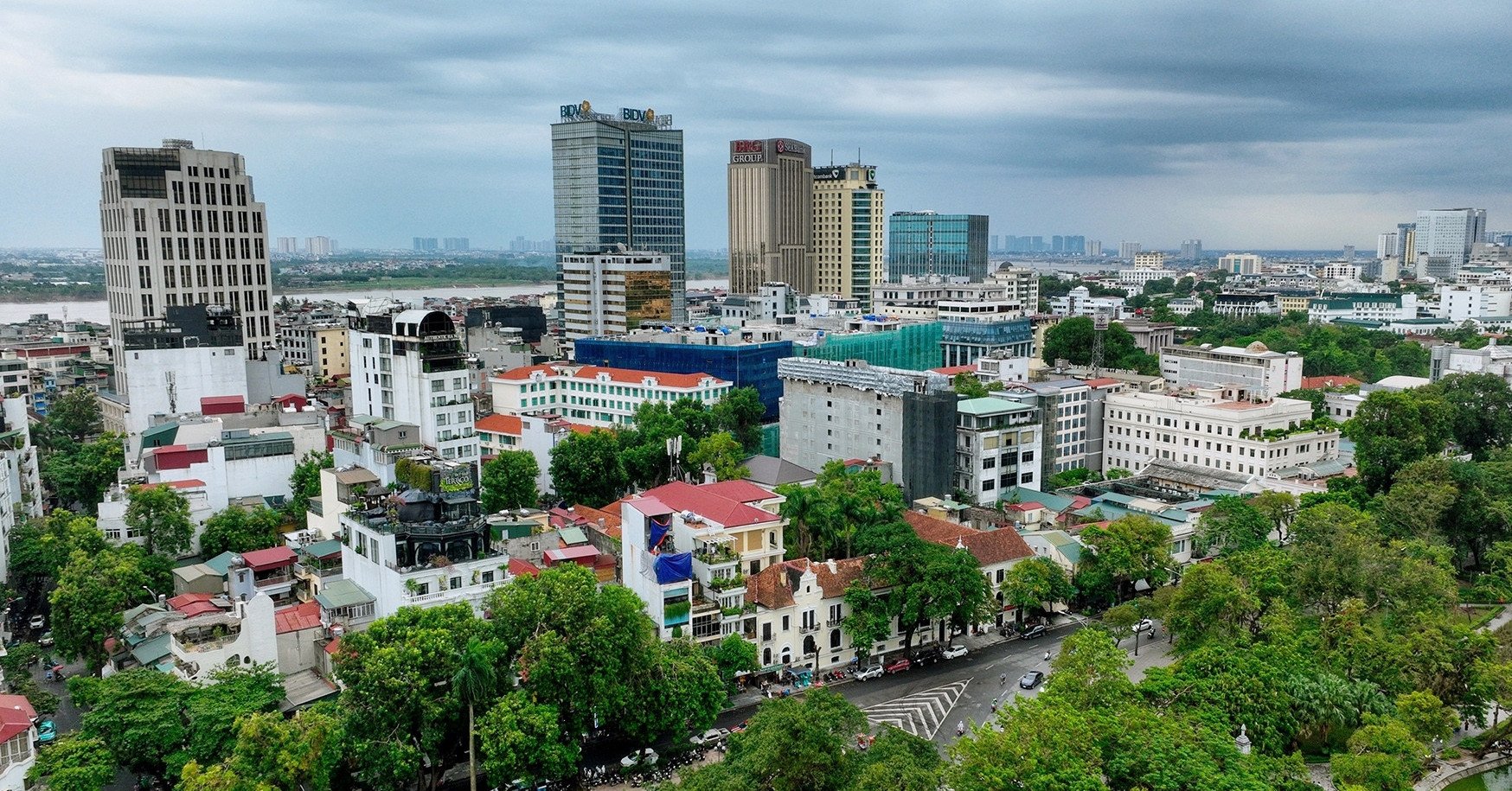
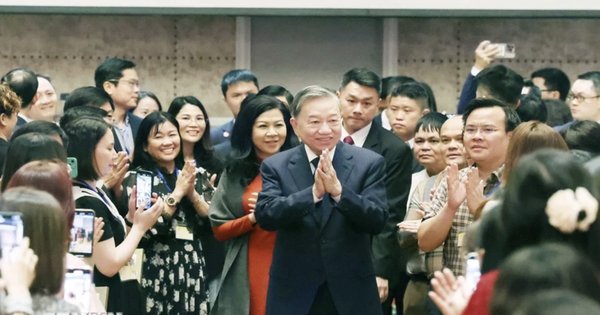

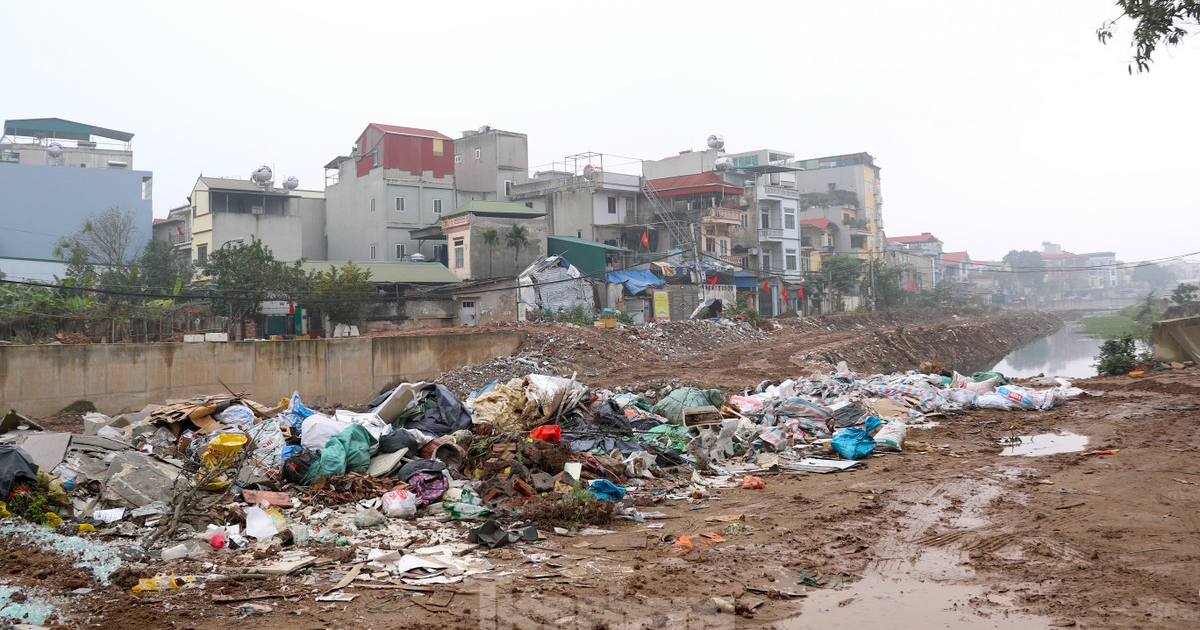
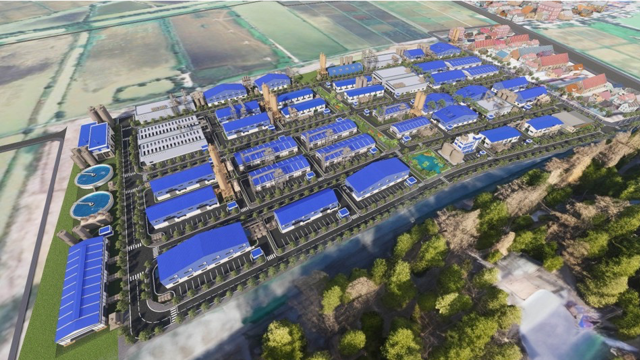
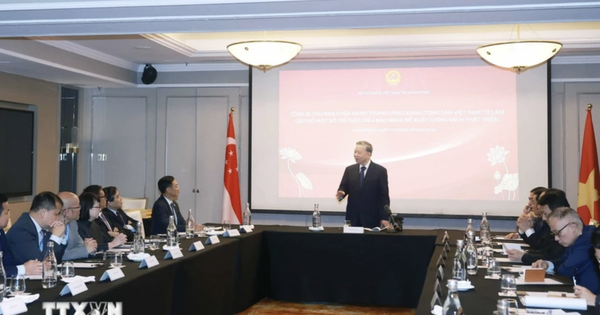




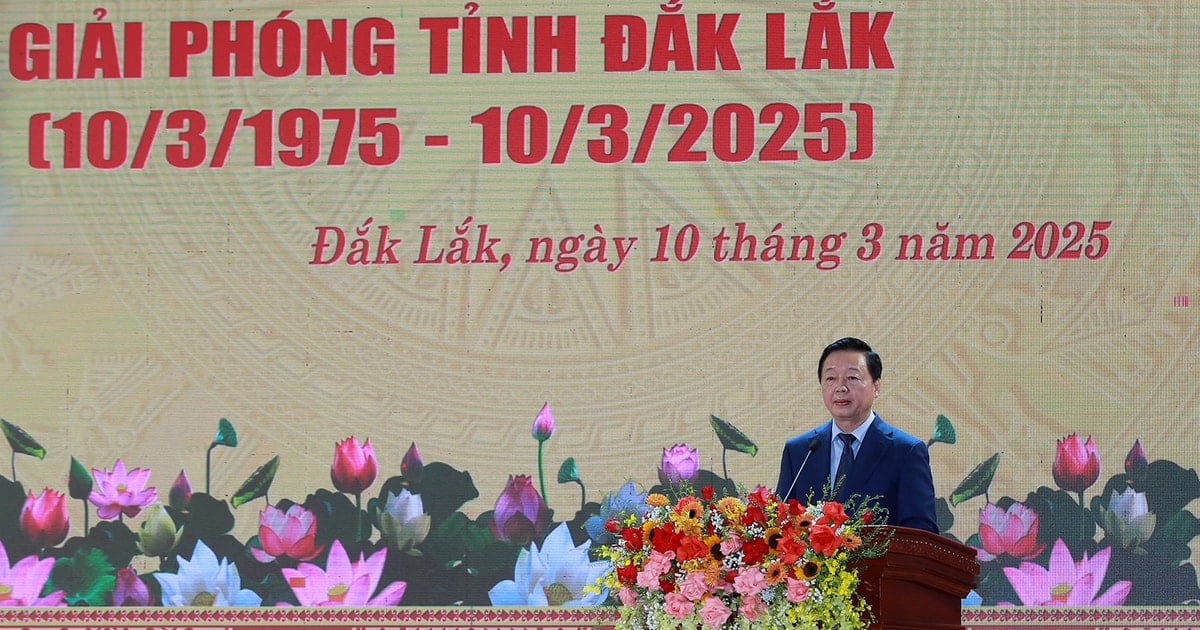
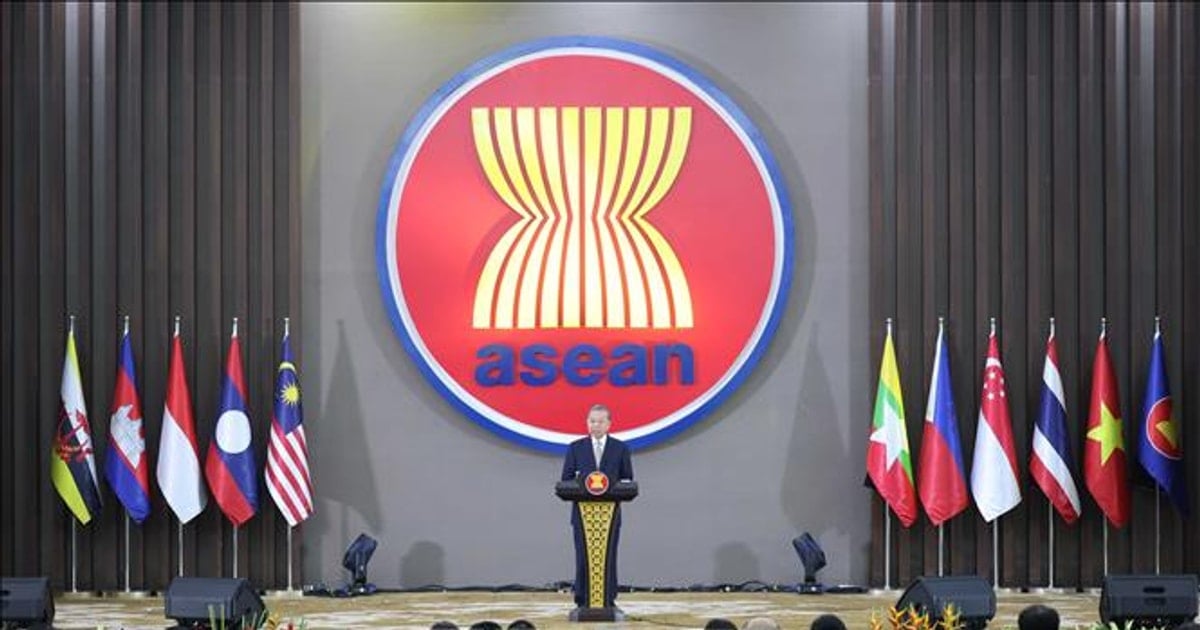
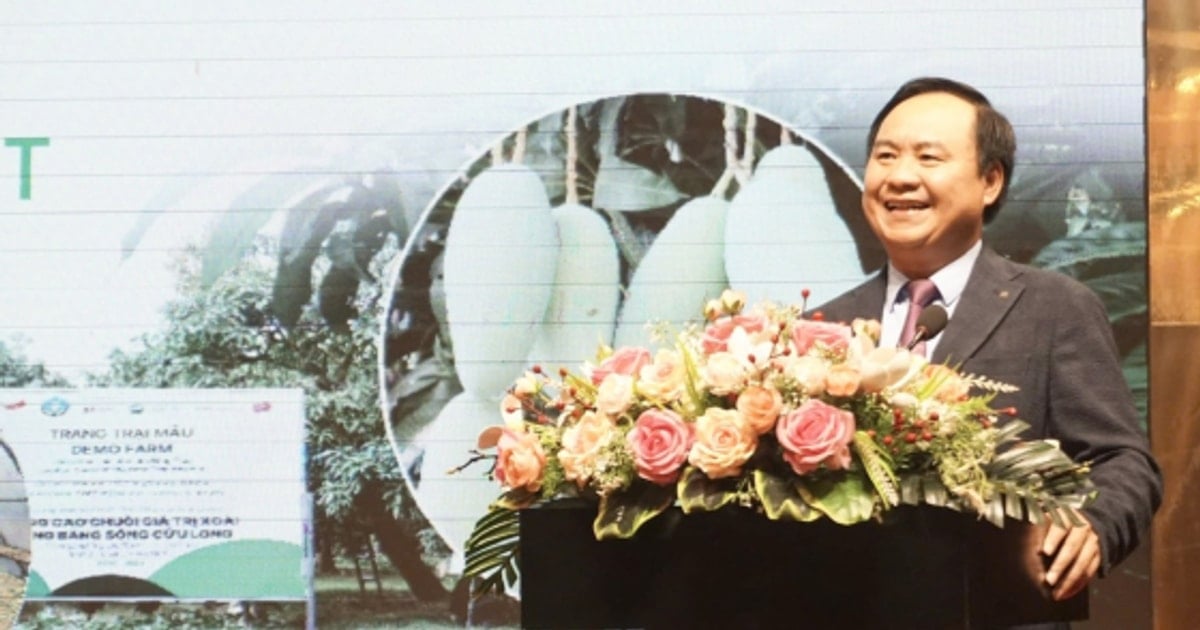
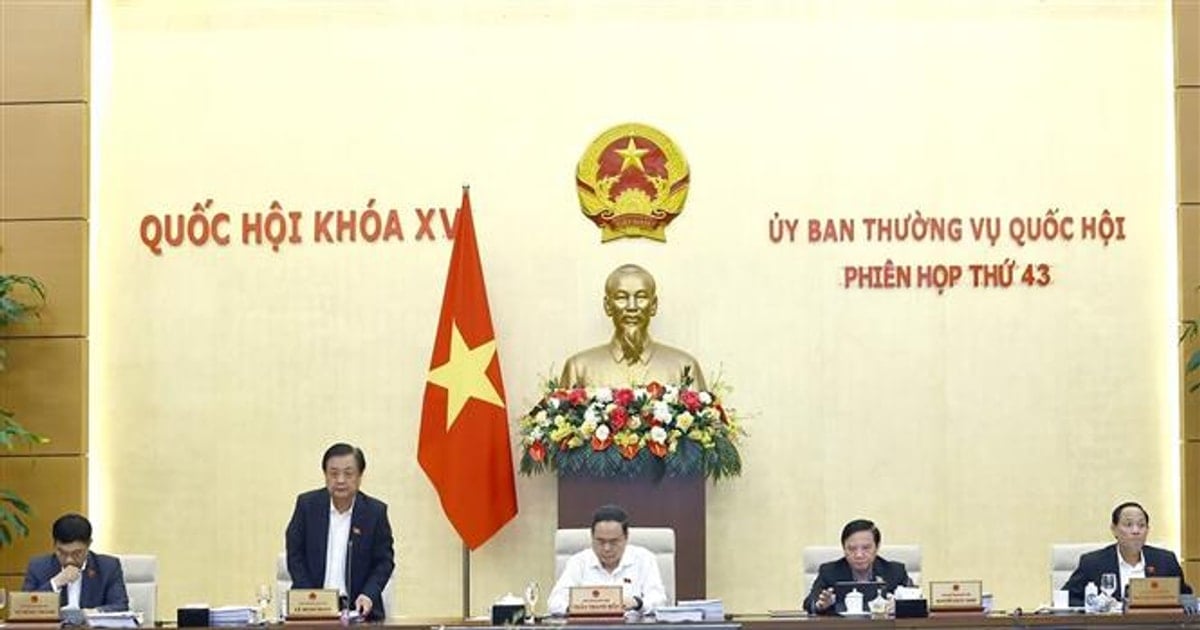
















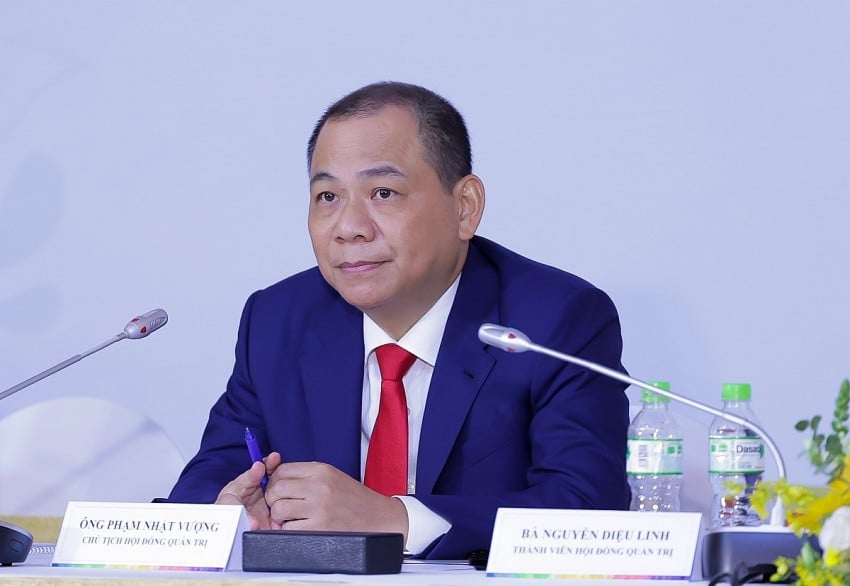










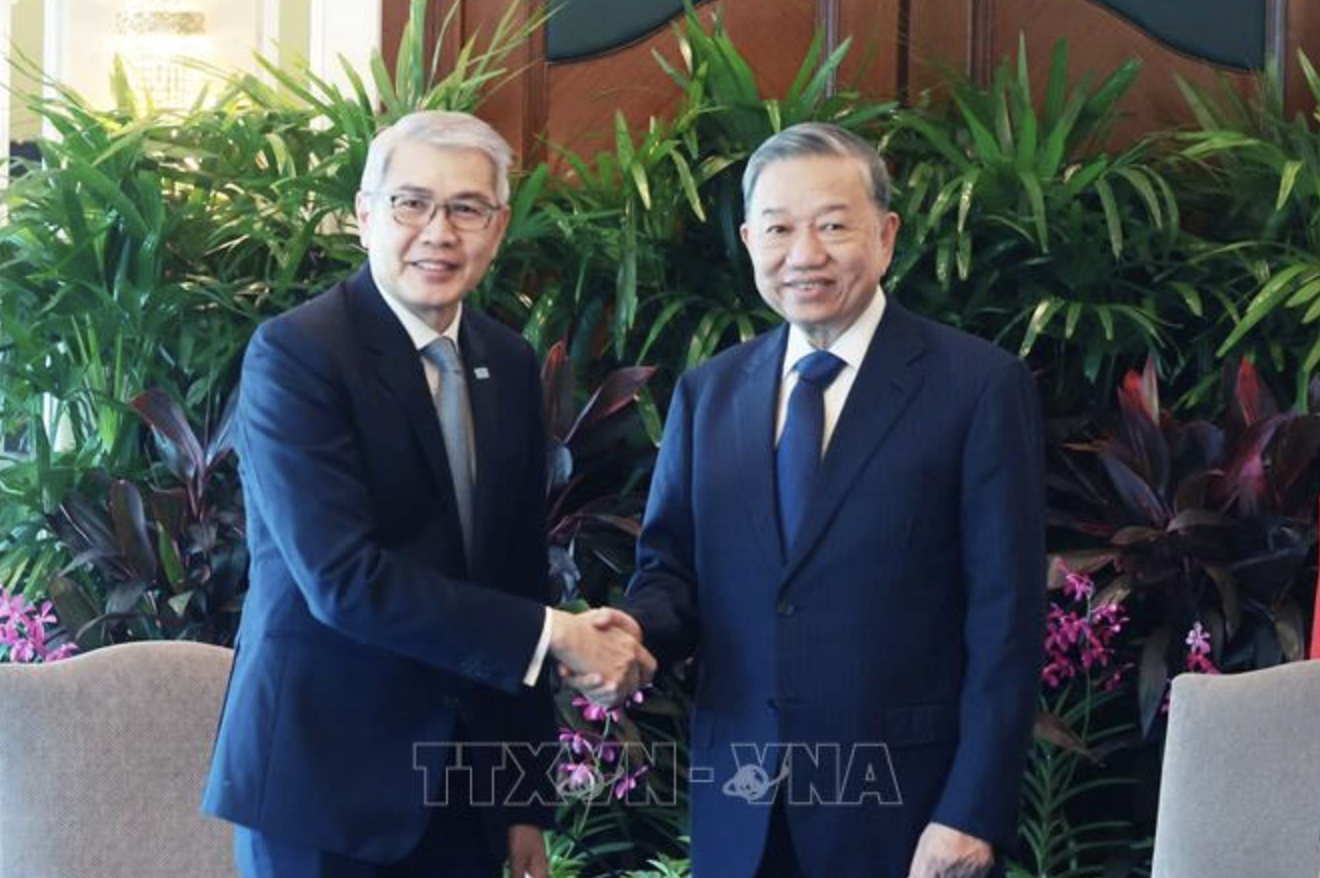

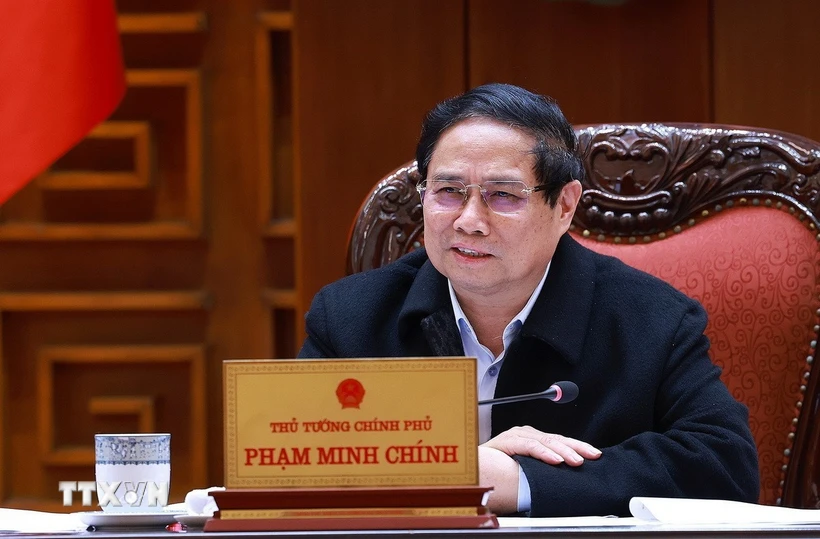

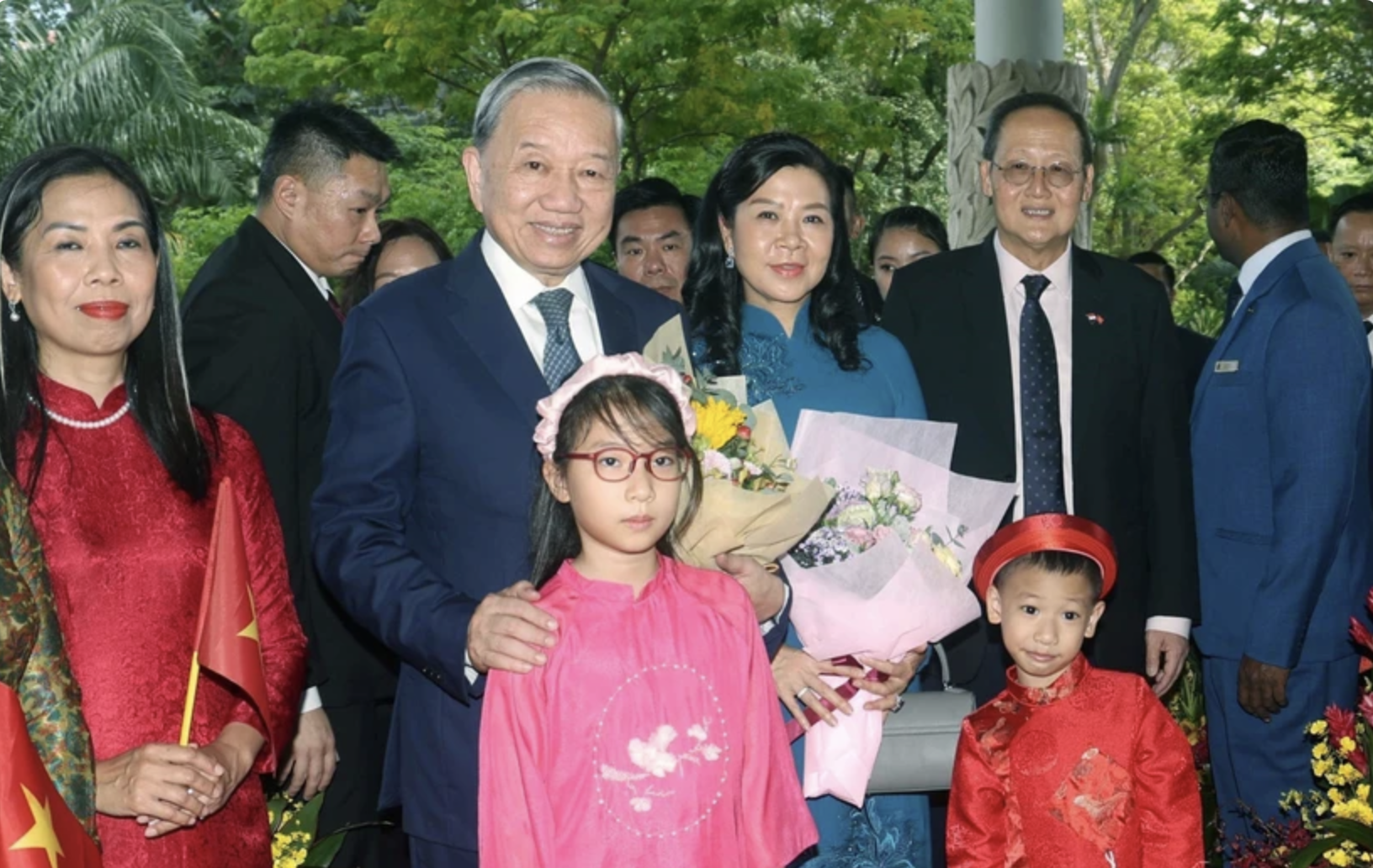

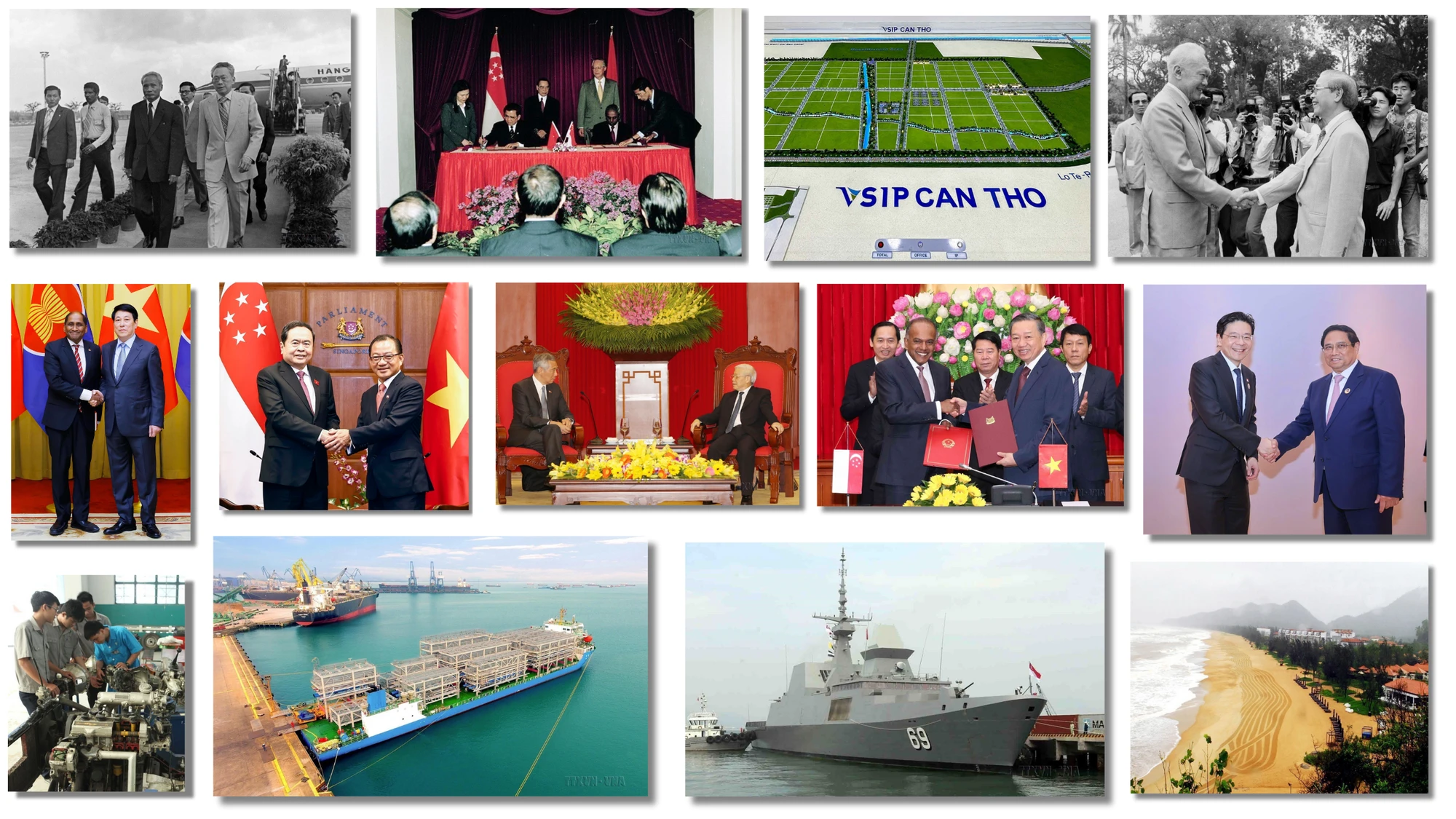


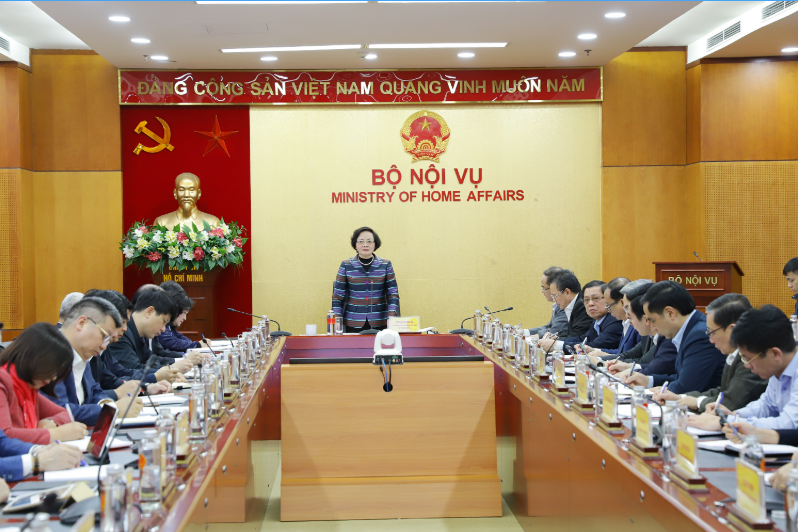




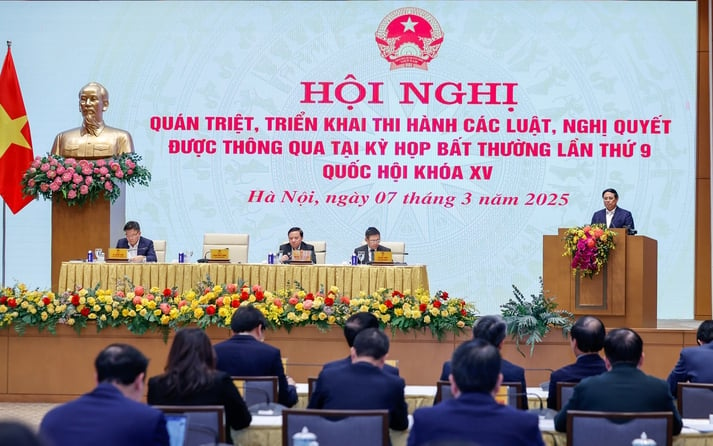






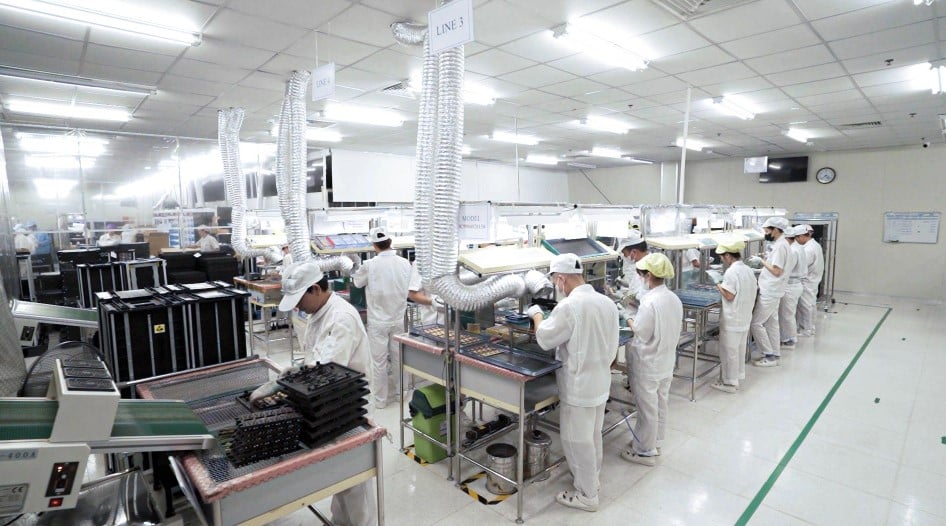
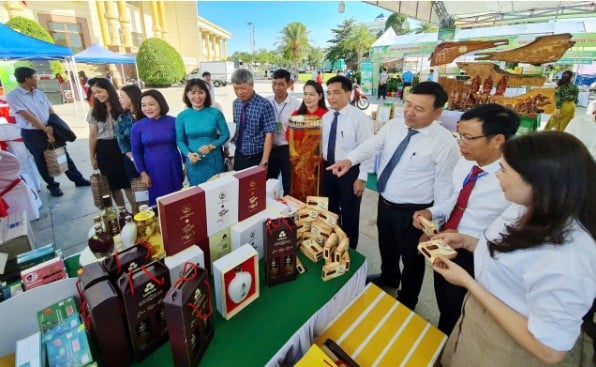

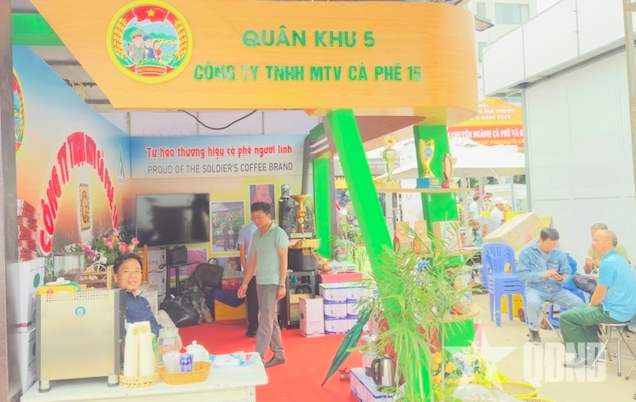


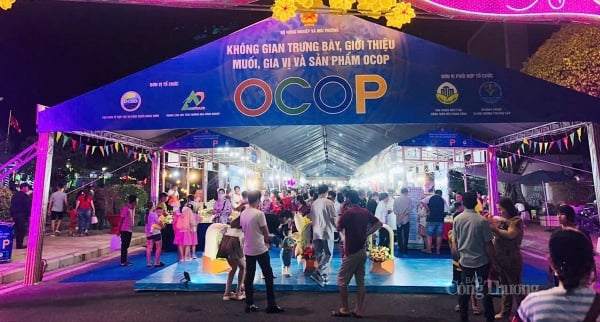

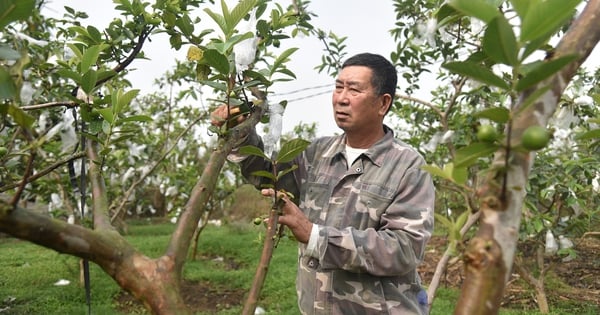

Comment (0)